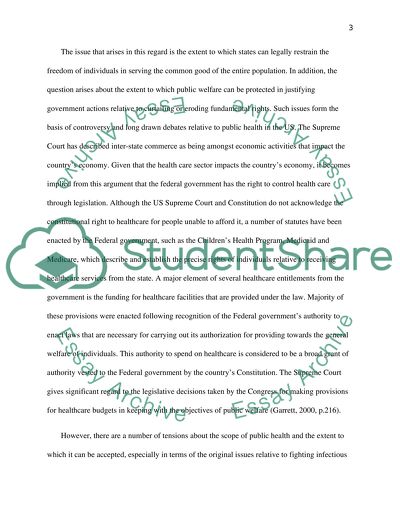Cite this document
(“The State and the Individual Essay Example | Topics and Well Written Essays - 2000 words”, n.d.)
Retrieved from https://studentshare.org/philosophy/1444883-the-state-and-the-individual
Retrieved from https://studentshare.org/philosophy/1444883-the-state-and-the-individual
(The State and the Individual Essay Example | Topics and Well Written Essays - 2000 Words)
https://studentshare.org/philosophy/1444883-the-state-and-the-individual.
https://studentshare.org/philosophy/1444883-the-state-and-the-individual.
“The State and the Individual Essay Example | Topics and Well Written Essays - 2000 Words”, n.d. https://studentshare.org/philosophy/1444883-the-state-and-the-individual.


